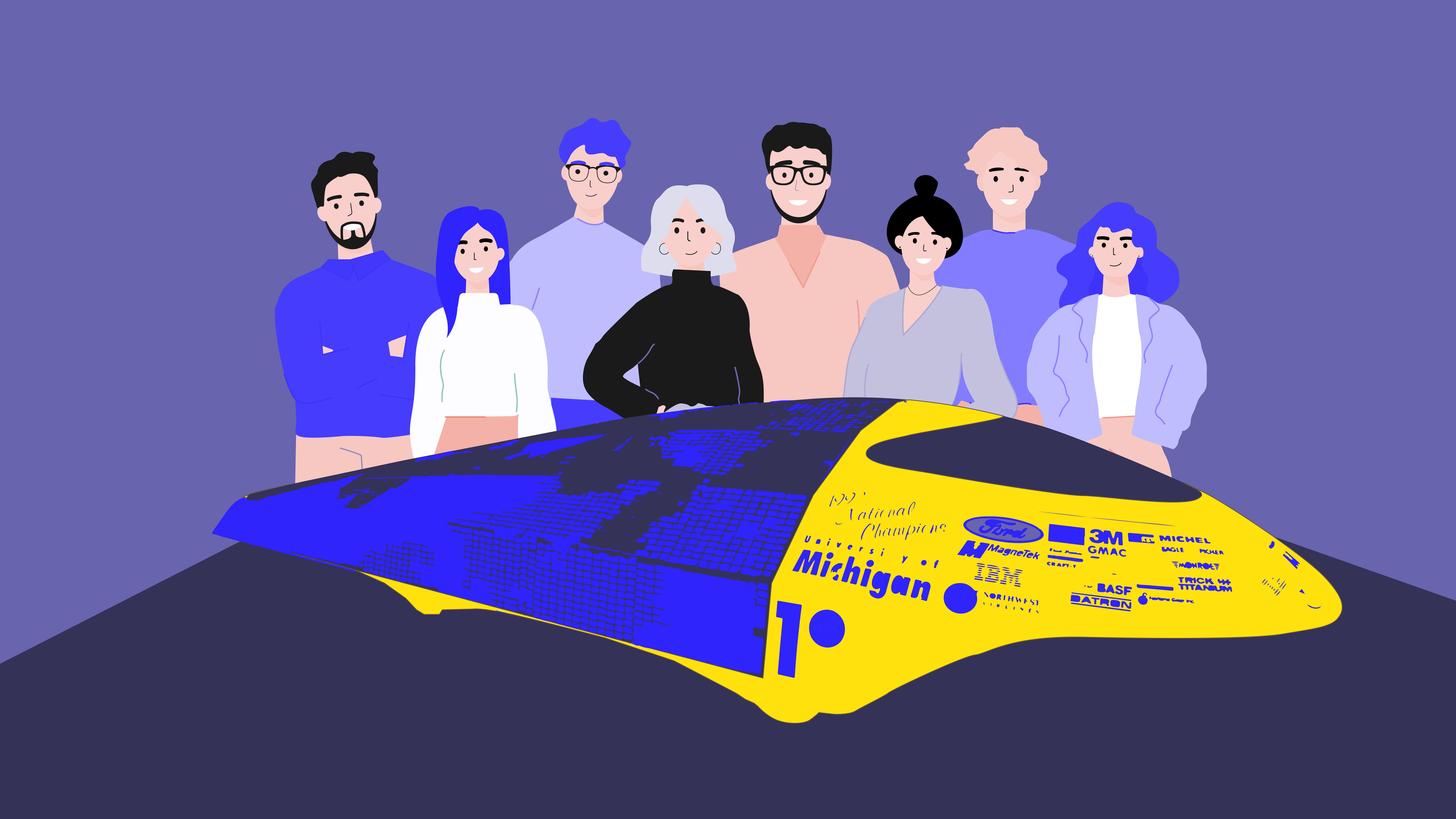Millions of people worldwide are now familiar with the concept and practice of online learning due to the onset of COVID-19. Although many students of all ages pivoted to virtual classes during the pandemic’s height, these changes didn’t always come easily. That’s because there’s a lot more to creating a community in an online space than just a Zoom link, a good internet connection, and a teacher to lead the class.
The Penn Online Learning Initiative (OLI), which is the University of Pennsylvania’s office dedicated to online learning programs and their integration across campus, has been aware of the challenges and potential of online learning since the launch of the office in 2012. Their Learning Together conference focuses on the processes of creating inclusive communities online, and on January 28, 2022, Extension Engine Partner Furqan Nazeeri was a featured speaker as part of the conference’s webinar.
In three panels over the course of several hours, attendees listened to and asked questions of a range of leading online learning scholars and practitioners, who discussed their discoveries and best practices related to online learning and teaching. Furqan took part in the first panel, entitled “Building and Supporting Communities Online.” This panel focused on the various methods used to build on the skills and tools that have been developed over the years and during COVID-19 to create robust online communities, as well as the question of what it means to learn online. The panel was moderated by OLI’s executive director, Rebecca Stein, and included three other panelists alongside Furqan: Jessa Lingel, Associate Professor of Communication and Core Faculty in Gender, Sexuality, and Women’s Studies in the University of Pennsylvania’s Annenberg School ofCommunication; Aidan Young, Chair External for the Student Committee on Undergraduate Education at the University of Pennsylvania; and Laís de Oliveira, author and program director at the On Deck Community Builders Fellowship.
In a wide-ranging discussion that covered their own backgrounds, in-person versus online communities, the importance of curiosity, creating a sense of belonging and connectedness for online students, and the power of online communities to create connections that reach into the in-person world, the panelists got into the nuts and bolts of what comprises an online community. Furqan spoke of his undergraduate experiences and explained Extension Engine’s five ingredients for the best online learning experiences. He also reminded attendees that learning can happen even with no instructional plan, just a random Zoom meeting with an open discussion, calling it “planned serendipity.”
Watch Furqan describe how his time on the University of Michigan’s solar-powered-car team shaped his future career into one focused on team-based learning and community building:
